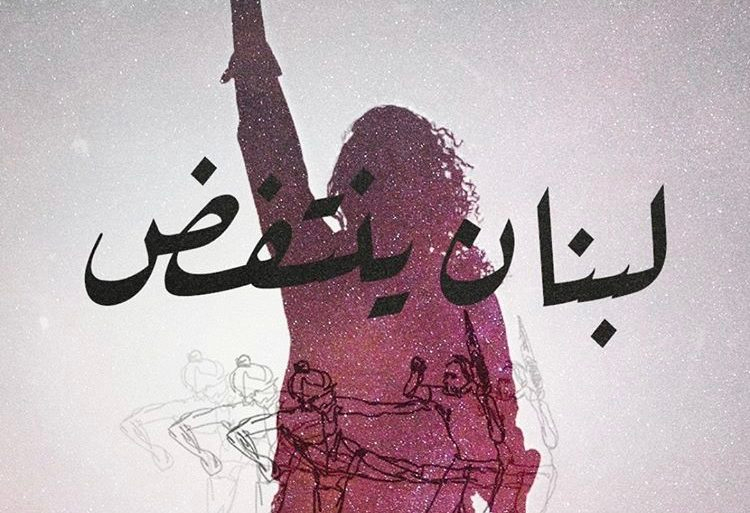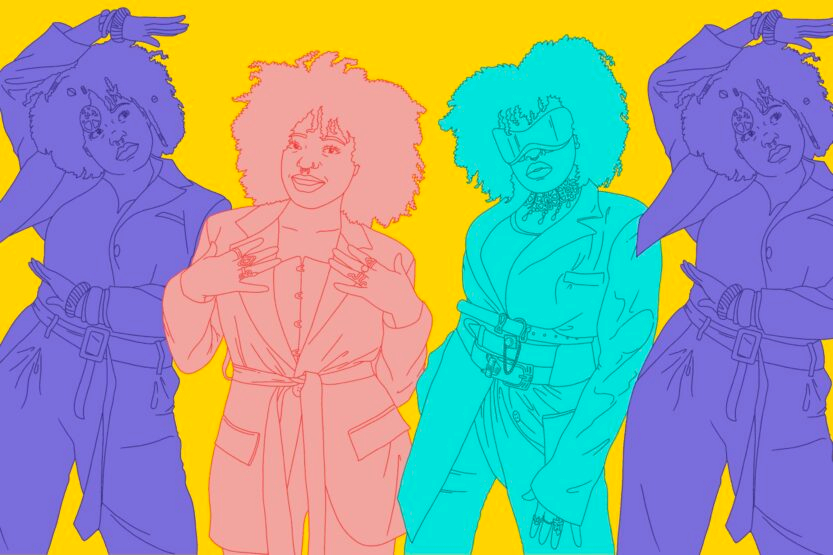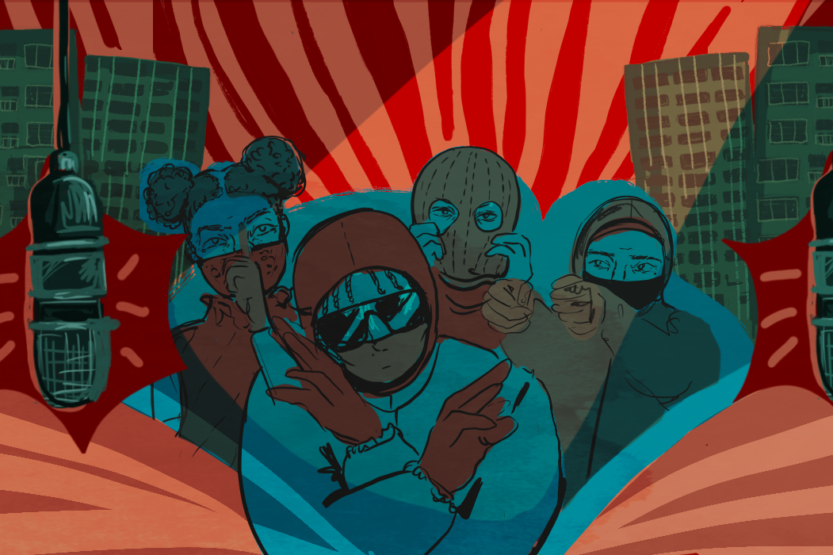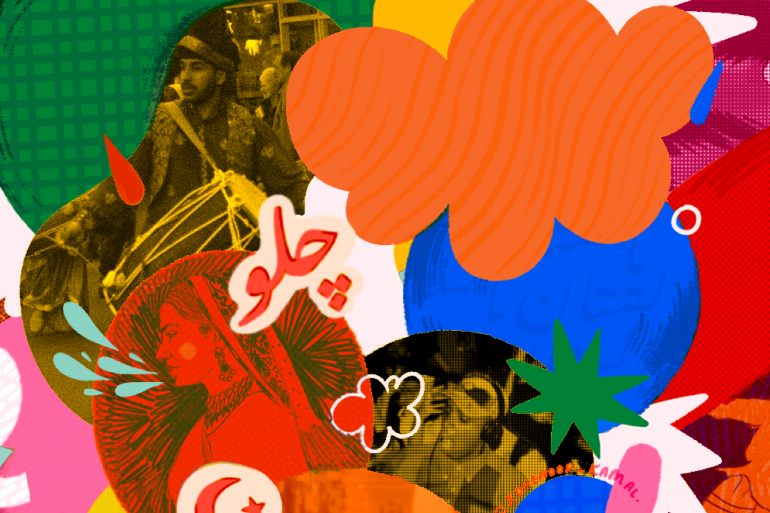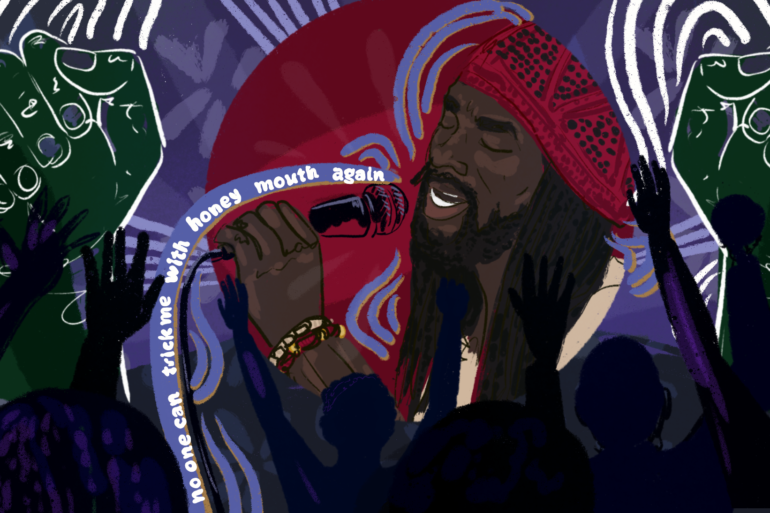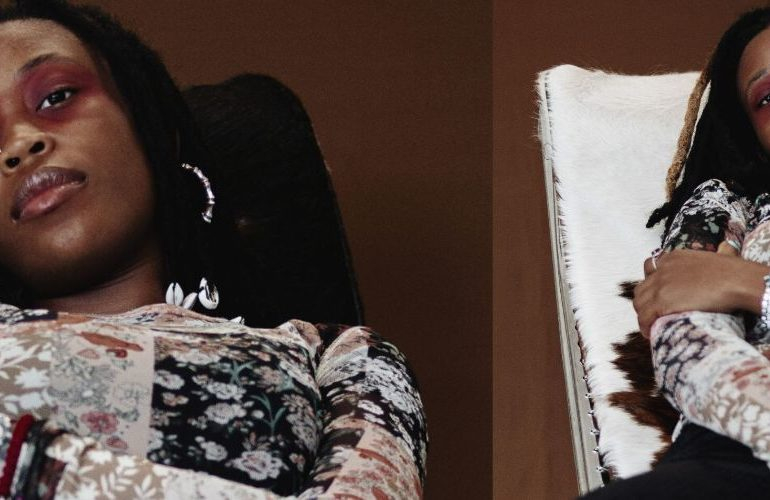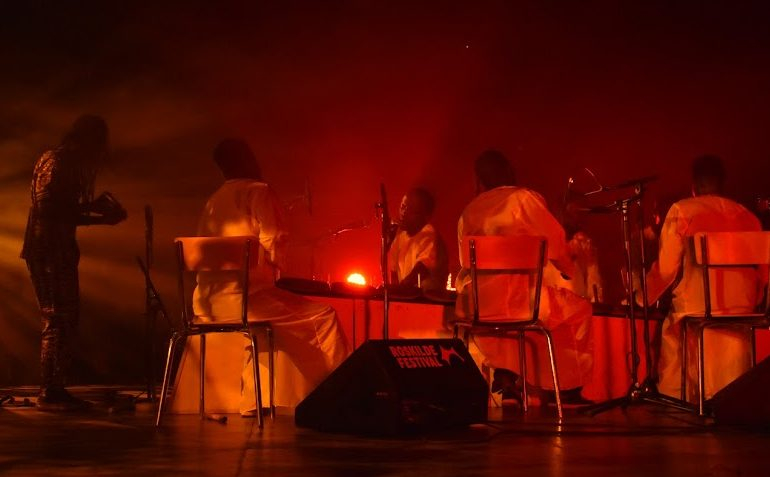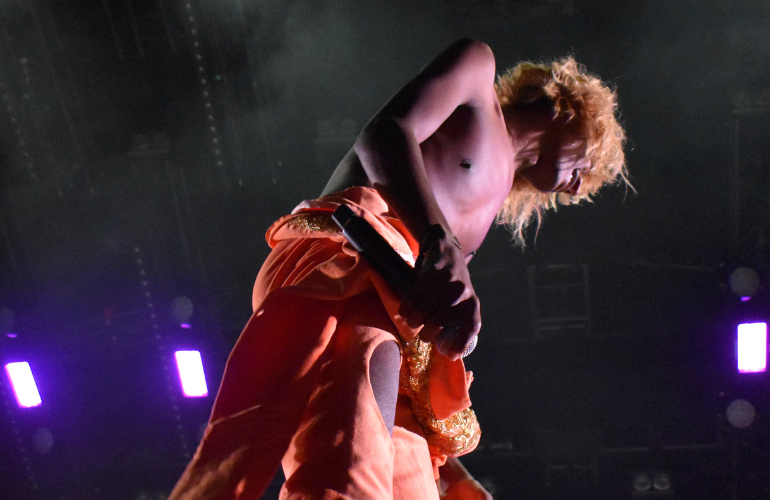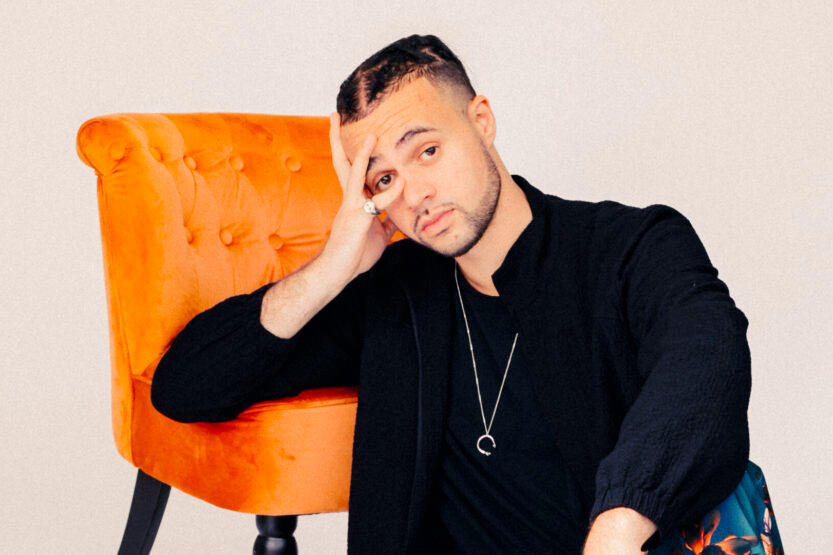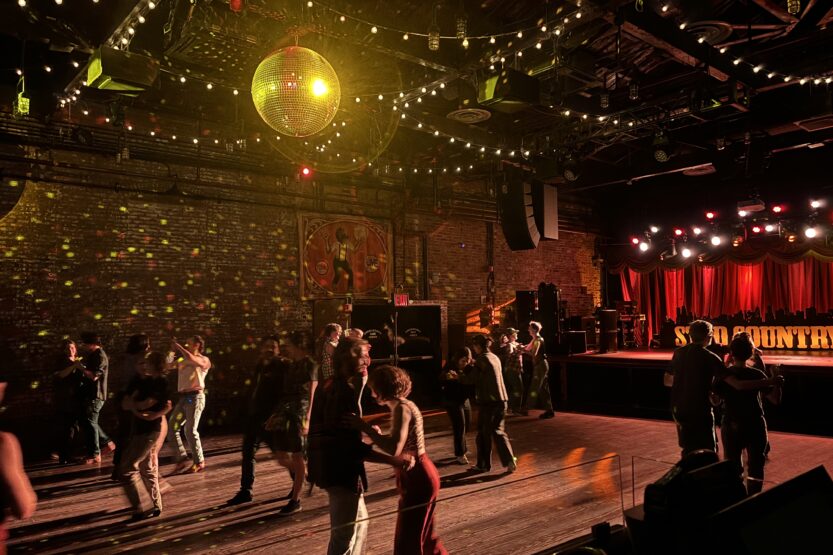As an 18 year-old queer person, moving into a big city like Liverpool for the first time from the rural Lake District was a scary experience. I wasn’t sure if I would fit in or be able to find a space to be myself and express myself. And, as a musician, I was concerned about how big of a part homophobia would be in the music industry, both locally and on a wider scale.
I was excited to get into the nightlife, and, as a dance music producer myself, experiencing the rave scene. Electronic dance music (EDM) is a development of house music, which emerged in Chicago in the early 1980s. The clubs originally playing house music typically had a large audience of gay men of colour – so EDM and LGBTQI+ culture historically go hand in hand.
However, this does not mean homophobia doesn’t exist in the scene in Liverpool.
I have met and worked with EDM producers over the last couple of years and have witnessed homophobia first-hand. I worked with one producer who used a slur to describe another musician, and I’ve watched other producers be casually homophobic. Most of the time, nobody seemed to bat an eye. Whether that was because people thought nothing was wrong with those comments, or because they didn’t want confrontation, I don’t know.
In the UK, 37% of LGBTQ+ musicians have either experienced or witnessed homophobia in the industry. Mainstream EDM producers such as Ten Walls have been openly homophobic online – in 2015, he went on a social media rant comparing homosexual people to paedophiles. While, thankfully, this type of outburst isn’t very common among celebrities, it is still damaging for the industry and has lasting impacts on the people the hate is targeted at.
Building safe music spaces in Liverpool
Back in Liverpool, homophobia in the music industry seems to be less prominent. I spoke to Zara Smile, a queer alternative folk musician who has lived in Liverpool for the last three years. They said that they haven’t experienced any direct homophobia in Liverpool, and there are queer safe spaces where everybody is welcome. For me, a safe space is somewhere people can go without the fear of being judged or attacked for who they are.
These spaces can vary from coffee shops to nightclubs and anything in between.
Recently, I had conversations with some EDM musicians and enjoyers around my age who also said that they were concerned that the industry is largely dominated by white, straight men. I wasn’t sure if the scene in Liverpool would be the same, but I was happy to find out that there have been recent efforts to create safe spaces for EDM (and mostly techno) lovers of all backgrounds, including the music collective, Glue, which was created last year.
Techno and house music are two of the most popular club music genres in 2024 so far, so collectives like Glue who aim to create safe spaces and increase diversity in the dance scene can only be a good thing. This is particularly important, but also builds the right kind of community from the bottom-up, because the EDM scene in Liverpool isn’t quite as prominent as in some other British cities like Manchester.
Glue had their debut event in May this year at the Invisible Wind Factory, with sets from Pyxi, Riccard.oO, Molloy and Luna Thee, who is the founder of QueenswaY, a collective that also aims to promote diversity in the dance music scene in Liverpool, via open deck nights and Pride parties. Events like these give me hope that the quantity of safe spaces can outweigh the discriminatory attitudes.
Creating your own space
It still concerns me that world-famous musicians and international superstars who happen to be queer still have to create their own spaces in the industry.
MNEK is a queer singer, songwriter and producer of colour who has received Grammy and Brit Award nominations for songs such as “Head and Heart” with Joel Corry. He’s helped write songs for Beyoncé and Little Mix, as well as having over 3 billion streams to his name. When he released his 2018 album “Language”, he complained on social media about the lack of support from non-queer audiences, suggesting his album sales were held back by homophobia. He specifically outlined the lack of support from straight Black men.
If a musician as skilled and renowned as MNEK is noticeably losing album sales potentially due to homophobia, then what chance do artists like me stand?
When I spoke to Zara, they said: “if queer people want a safe space, I think they have to create that safe space.” Platforming queer voices is so important because, they believe, it’s something that ”naturally straight people don’t think about.” Zara’s sentiments are echoed by hip-hop artist Kevin Abstract.
But it’s not all doom and gloom. Even though homophobia is still present in the industry (like it unfortunately is in most places), there are many signs that show it is being cut out.
There are plenty of queer safe spaces that I have found in Liverpool, and as somebody who does most of their work in coffee shops, my favourites are 92 Degrees and artefact. Zara outlined Heebie Jeebies as another favourite queer safe spaces, and told me that they would even like to start their own LGBTQIA+ open mic night at local venues – which is something I think would really help solidify more safee spaces for queer musicians.
Even though they have graduated university, they plan to stay in Liverpool and continue gigging and releasing music. And things are improving on a larger scale as well; MNEK created a songwriting camp for young, queer musicians in 2019, and even created his own record label to champion music which has grown out of Black culture: Muzo By Uzo.
Although it is not ideal that queer musicians feel like they have to create their own spaces in the industry, I am hoping it will encourage young queer musicians to follow in their footsteps and feel like they can fully be themselves in the industry. I mean, this is already happening in genres like hyperpop, which can surely only be a good sign for things to come.
Coming to Liverpool has made me more optimistic. I have found places where I feel safe and accepted, and watching people like Zara talk so passionately about wanting to create more of these spaces fills me with hope. Researching collectives like “Glue” has made me realise how many people share such a positive mindset, and want to push for a more diverse city and music industry, both in Liverpool and on a larger scale. I look forward to seeing these collectives grow as they gather momentum, and I am hopeful that the industry will be a more inclusive place for our generation and the ones to follow..
What can you do?
Education can be the best weapon against homophobia. Here is what you need to know:
Subscribe to shado's weekly newsletter
Exclusive event news, job and creative opportunities, first access to tickets and – just in case you missed them – our picks of the week, from inside shado and out.

- Rise in hate crime against LGBTQ+ people continues by Stonewall
- “Progressing Gender Representation In Uk Dance Music”: A Look Into The Jaguar Foundation Report by edm.com
- Liverpool: A Queer History by Comic Youth
- A decade after gay teen Michael Causer’s murder, is hate crime rising? by BBC
Strength is in numbers. If you’re a queer person in Liverpool, here are some more safe spaces and groups to join:
Other articles you might enjoy:




